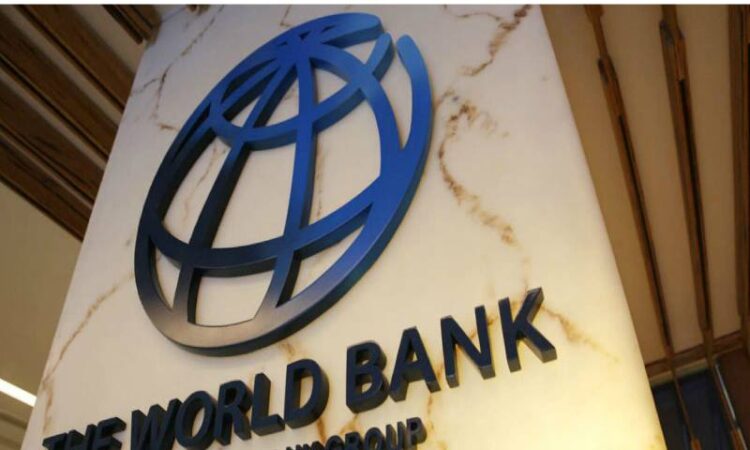
The World Bank, in its 8th Economic Update for Ghana, titled “Strengthening Domestic Revenue Systems for Fiscal Sustainability,” has identified critical areas where Ghana can improve its domestic revenue mobilization.
The report, presented by Stefano Ciurto, Lead Economist for the World Bank in Ghana, Liberia, and Sierra Leone, emphasizes the need for reforms in Personal Income Tax, VAT and Excise Duty, Corporate Income Tax, and Tax Expenditures and Rationalization.
The report highlights significant issues within the Personal Income Tax (PIT) framework, pointing out that complex tax administration and inadequate enforcement have resulted in low compliance.
Revenue growth has not kept pace with GDP due to an over-reliance on payroll taxes, which account for over 99 per cent of PIT revenue. Despite being a progressive system, PIT contributes only 15 per cent of total tax revenue and 2 per cent of GDP, falling short of the Sub-Saharan Africa (SSA) averages. The system is further undermined by numerous exemptions, including those for retirement funds, which reduce the tax base.
VAT and Excise Duty also present challenges. The share of VAT in total tax revenue dropped from 34 per cent in 2015 to 17 per cent in 2021, partly due to reduced rates and exemptions. Excise duties contribute 1.8 per cent of GDP, below the regional average, with over 90 per cent derived from petroleum products. The lack of a robust tracking system for excise duties further exacerbates non-compliance.
Ghana’s Corporate Income Tax (CIT) revenue has also been a concern, averaging 2.2 per cent of GDP from 2015-2021, lagging behind regional peers. The report notes that the complex CIT regime, featuring 22 reduced rates, diminishes the effective tax rate and complicates tax administration.
Tax Expenditures and Rationalization present another area of concern, costing the country 3.9 per cent of GDP and creating complexity and revenue distortions. VAT exemptions alone account for 1.9 per cent of GDP, with significant losses from exemptions on dwellings and land. PIT exemptions cost an estimated 1.4 per cent of GDP, particularly affecting cocoa farmers and pension contributions. Additionally, import duty exemptions amount to 0.2 per cent of GDP, with significant costs arising from parliamentary exemptions.
At the report’s launch, Mr. Ciurto emphasized the importance of enhancing tax revenue mobilization for Ghana to achieve sustainable fiscal stability. He noted that improving tax efforts is crucial for sustaining economic development, managing public finances better, ensuring adequate investments in critical infrastructure projects, and supporting social programs aimed at reducing poverty and fostering inclusive growth.
“High and sustainable revenue mobilization enables better management of public finances, ensures adequate investments in critical infrastructure projects, and supports social programs aimed at reducing poverty and fostering inclusive growth. Presently, Ghana’s tax revenue is significantly lower compared to Sub-Saharan African peers and countries with similar income levels, indicating deep-rooted challenges within the tax policy and compliance mechanisms,” he stated.
This year’s report, titled ‘Strengthening Domestic Revenue Systems for Fiscal Sustainability,’ focuses on Ghana’s domestic revenue mobilization. It identifies potential policy measures within Ghana’s tax policy framework and compliance mechanisms that could not only help achieve macroeconomic stability but also generate the necessary resources to support sustainable long-term growth and poverty reduction efforts.
The report offers a thorough analysis of Ghana’s tax policy and administration, identifying key areas for reform. The adoption of an ambitious Medium Term Revenue Strategy for 2024–2027 lays a foundation for even more robust reforms toward fiscal stability and economic prosperity.







